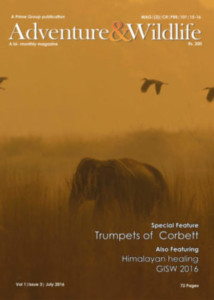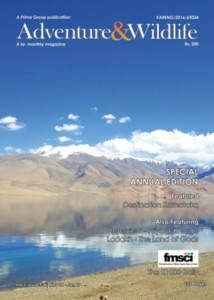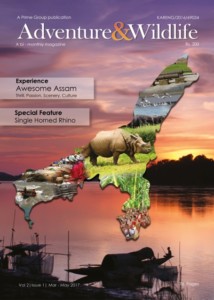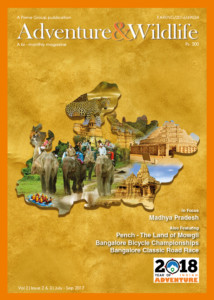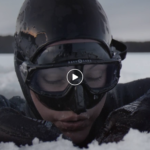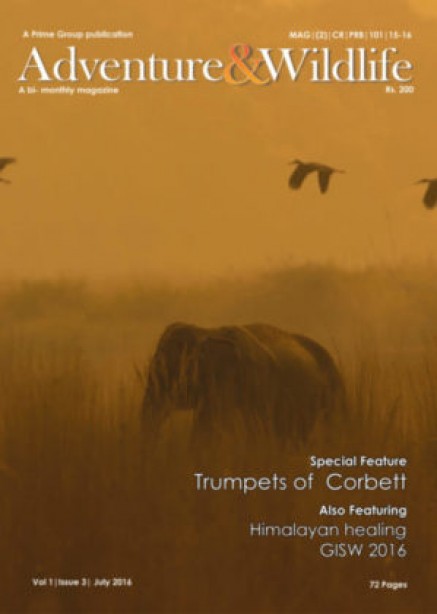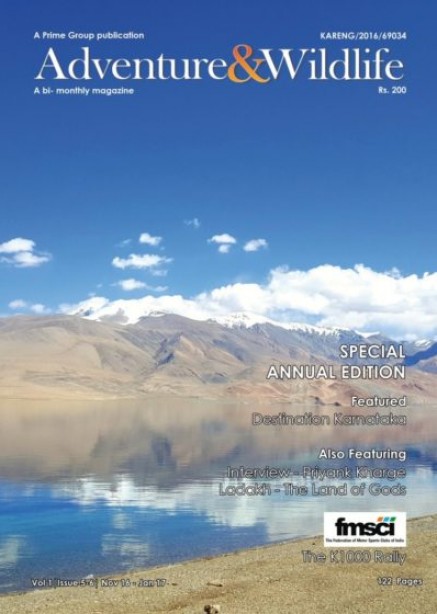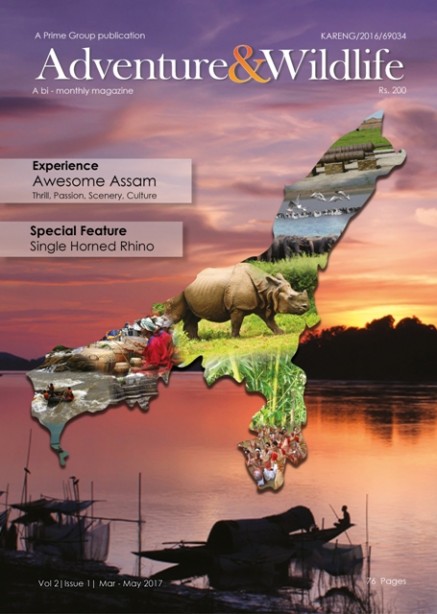
Study shows throwing back big fish, especially females helps conserve species
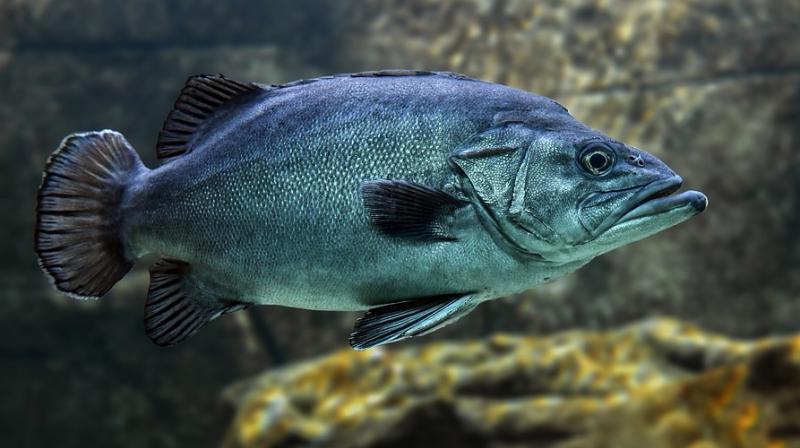
A single female fish may release anywhere between 11 to almost 58 million eggs per clutch, they found.
Tampa: When fishing, local laws often require anglers to throw back any fish that are too small. But a study Thursday found it is more important to toss back big ones, especially females.
That’s because they produce far more eggs — and larger ones — than small fish, and do a disproportionate amount of work when it comes to perpetuating their species, said the report in the journal Science.
“Our results are critical for fisheries management,” said study co-author D. Ross Robertson, a scientist at the Smithsonian Tropical Research Institute in Panama.
“They tell us to reduce fishing pressure on large fish rather than smaller ones in order to maintain and replenish stocks.”
For the study, researchers at Monash University and the University of Sydney examined the number, volume and energy invested in eggs by 342 different marine species.
They consulted publications in Google Scholar about wild fish, combined with data on egg-quality of a range of species collected by Robertson.
A single female fish may release anywhere between 11 to almost 58 million eggs per clutch, they found.
But the relationship between size and egg production was not a straight linear one.
Rather, as the fish’s weight went up, the effort put into reproduction rose “exponentially,” said the report.
The findings run counter to popular theories and fisheries models that assume, for example, that a two-kilogram fish puts out as many eggs as a pair of one-kilogram fish.
For instance, researchers found that a single 30-kg female produces more eggs than about 28 small females weighing two kilos each, for a collective weight of 56 kg.
In most marine species, larger females invested “disproportionately more in the number of eggs and the size of individual eggs,” said the report.
“Therefore, taking a single big fish has a bigger impact on the fish population than taking multiple small ones.”
The study aligns with prior research showing that big fish are important for replenishing marine populations, particularly since climate change is expected to shrink the size of many fish.
It also has implications for managing invasive species, like lionfish, whose largest females appear to be found in deep water and are difficult to eradicate, said Roberts.
Source : https://www.deccanchronicle.com/lifestyle/pets-and-environment/110518/study-shows-throwing-back-big-fish-especially-females-helps-conserve.html


